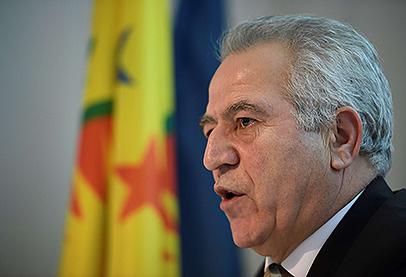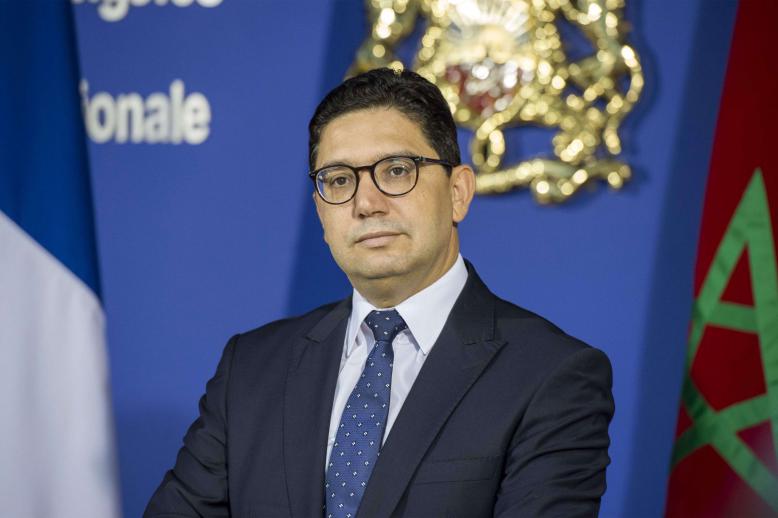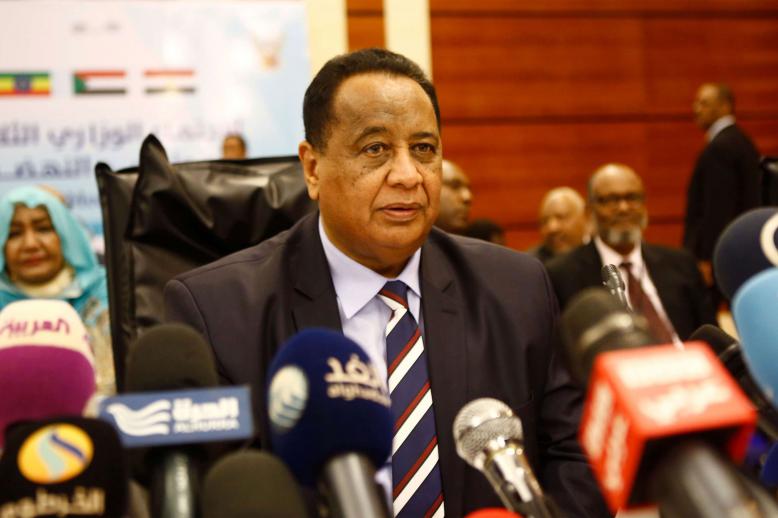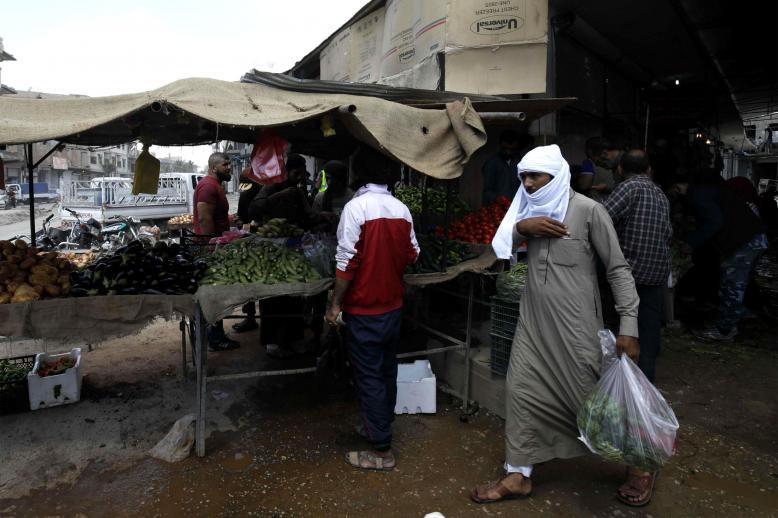Kurdish envoy accuses foreign powers of ignoring Turkish war crimes

PARIS - A top Kurdish envoy on Monday accused the international community of being "spectators" as Turkish-led troops commit war crimes in Syria.
Khaled Issa, who represents the Kurdish rebel authority in France, accused foreign powers of abandoning the Kurds who have been allies on the ground in the fight against the Islamic State (IS) group.
"There's a moral responsibility for the international community in the face of an unjustified and illegal aggression," Issa said, referring to the Turkish-led offensive on the former Kurdish-held enclave of Afrin.
"What is happening in Afrin is ethnic cleansing and the great powers are spectators," added Issa, who represents the "Rojava self-ruled Democratic Administration" which runs areas under Kurdish control in northern Syria.
Forces known as the Kurdish People's Protection Units (YPG), which are backed by the United States, have served as ground troops in the fight against IS jihadists in Syria.
But Turkey sees the YPG as a Syrian offshoot of the outlawed Kurdistan Workers' Party (PKK), which has waged a bloody insurgency against the Turkish state since 1984.
President Recep Tayyip Erdogan on Monday vowed to expand Turkey's Syria campaign to other Kurdish-held areas up to the Iraqi border, a day after ousting Kurdish militia from the enclave of Afrin.
"We are frustrated to see that the same fighters that were courageously combatting Daesh (Islamic State) have been left to the mercy of the Turkish army allied with jihadists, abandoned under the bombs of Ankara," Issa said.
Last week, France's Foreign Minister Jean-Yves Le Drian condemned Turkey's intervention in Syria in the strongest terms, saying Ankara's security concerns "absolutely do not justify" the scale of its offensive.
Former French president Francois Hollande, who left office last May, has also denounced the Turkish operation and called for greater solidarity to be shown towards the Kurds.
"If I supported the Kurds as part of the coalition (of US-led foreign powers active in Syria), it wasn't to leave them in the situation they find themselves in now," he told Le Monde in an interview last week.




